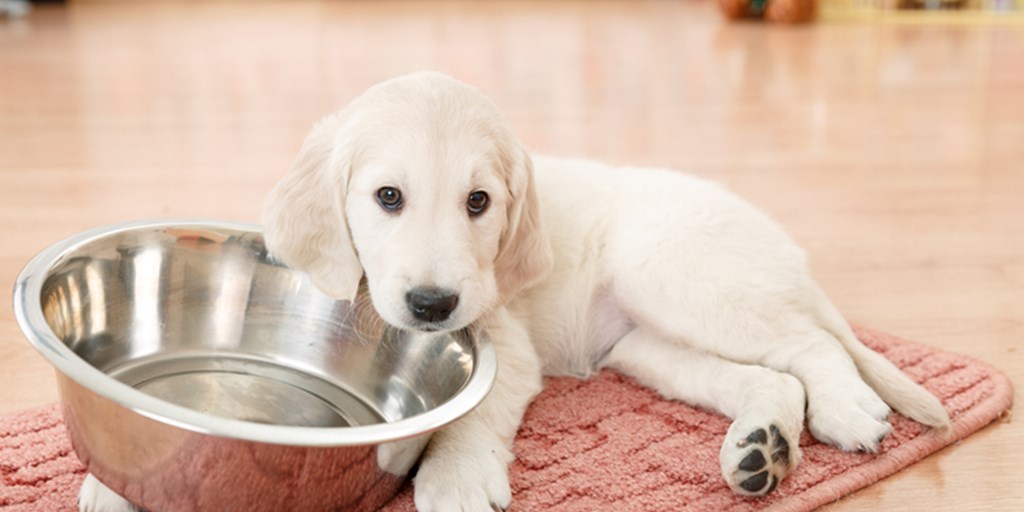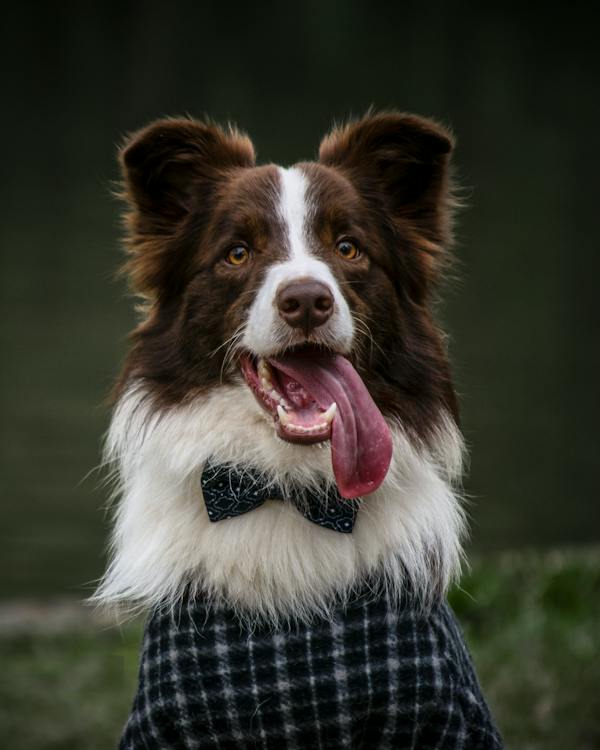Most dogs are prompt and eager feeders, gobbling up meals as soon as food hits the bowl. But situations like illness, stress or disinterest may occasionally cause diminished appetite or skipped meals. How long can dogs go without eating before it becomes a dangerous health risk requiring veterinary intervention?
Why Dogs Sometimes Refuse Food
Before worrying, consider some common reasons dogs go off food:
- Picky eaters tiring of the same bland diet
- Sickness, fever, dehydration or dental pain causing discomfort
- Medications like antibiotics upsetting the digestive system
- Stress, anxiety, or depression lowering appetite
- Hot weather extremes reducing interest in food
- Attention seeking behavior if begging gets rewarded
If refusal to eat persists beyond one or two skipped meals, consult your vet to identify any underlying medical issue needing treatment.
How Long Can Dogs Go Without Eating?
Healthy adult dogs can go 1-2 days without food before experiencing complications. Puppies with higher metabolism requirements may only tolerate missing one single meal. When food is withheld for longer periods, dogs risk:
- Blood sugar crashes leading to hypoglycemia
- Nutrient deficiencies if fast is prolonged
- Dehydration as hunger diminishes drinking urges
- Liver damage from mobilizing internal resources
- Muscle loss and weakness from protein breakdown
The exact timeframe depends on the individual dog’s health status. Seek veterinary advice if appetites do not improve within 48 hours.
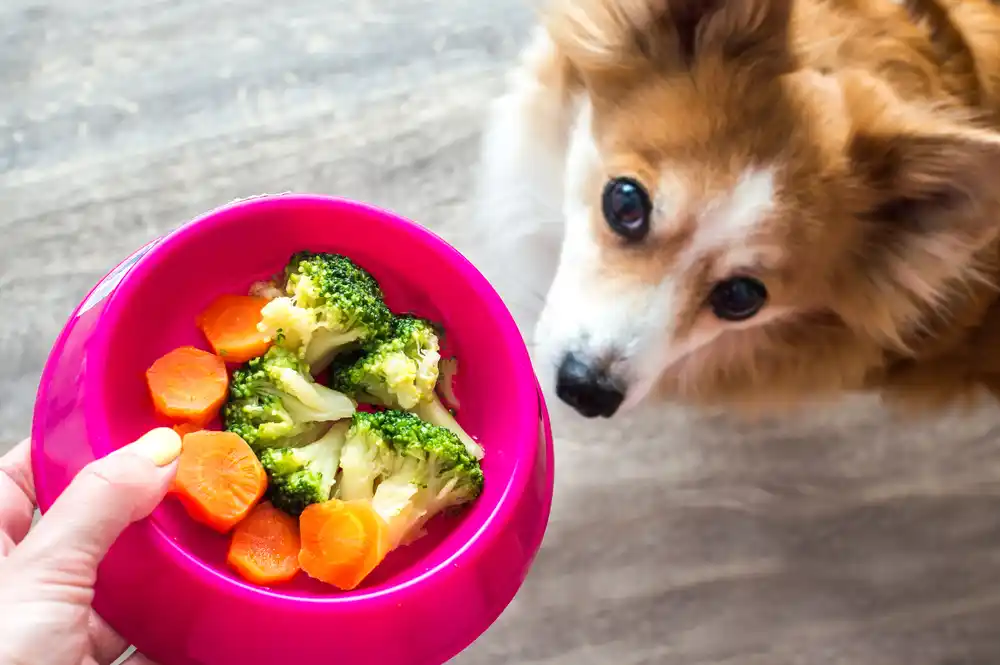
Signs Your Dog Needs Veterinary Evaluation
Contact your vet promptly if your dog shows these signs of concern:
- No interest in food beyond 1-2 missed meals
- Lethargy, depression, trembling or muscle weakness
- Excessive vomiting or diarrhea lasting over 24 hours
- Signs of pain or difficulty eating and swallowing
- Weight loss or muscle wasting developing
- Blood sugar crashes or seizures in susceptible dogs
Left untreated, ongoing inappetence can quickly progress from concerning to life threatening. Veterinary examination helps identify any underlying disease contributing to anorexia.
What To Do If Your Dog Won’t Eat
If your dog skips more than one or two meals, try these tips:
- Make sure fresh water is always available to prevent deadly dehydration
- Tempt with favorite foods like chicken, cheese, or canned food
- Try hand feeding or microwaving meals to increase aroma
- Exercise before meals to stimulate appetite
- Add low sodium chicken or beef broth to enhance taste
- Assist weak or ill dogs by syringe feeding recovery formulas
Consult your vet if appetite and energy don’t improve within 48 hours to stabilize your dog’s condition.
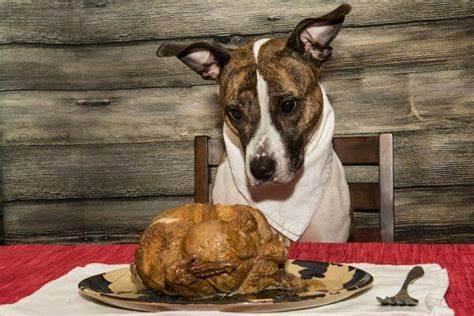
How Much Weight Loss Occurs From Not Eating?
Weight loss rates vary based on the individual:
- Mildly overweight dogs can readily tolerate short fasts with minimal loss.
- Dogs starting at an optimal lean weight may drop 5-10% in a week if fasting.
- Young puppies are at risk for rapid, dangerous drops in blood sugar and weight.
Monitor for muscle loss along the spine and hips indicating protein breakdown. Seek prompt veterinary treatment at the first signs of concerning weight loss.
How to Get Your Dog to Start Eating Again
Suggestions to help entice a dog to resume normal eating include:
- Have the vet examine your dog to identify and address any medical issues.
- Feed a bland diet like boiled chicken and rice to soothe stomach upset.
- Hand feed for picky dogs wanting attention.
- Try moistening dry kibble with low sodium broths.
- Stimulate appetite with play time and exercise before meals.
- Consider adding probiotic or vitamin supplements if deficiency is suspected.
With patience, creativity and veterinary guidance, most cases of dogs temporarily going off their food can resolve. But seek help quickly if appetite doesn’t improve within 24-48 hours.
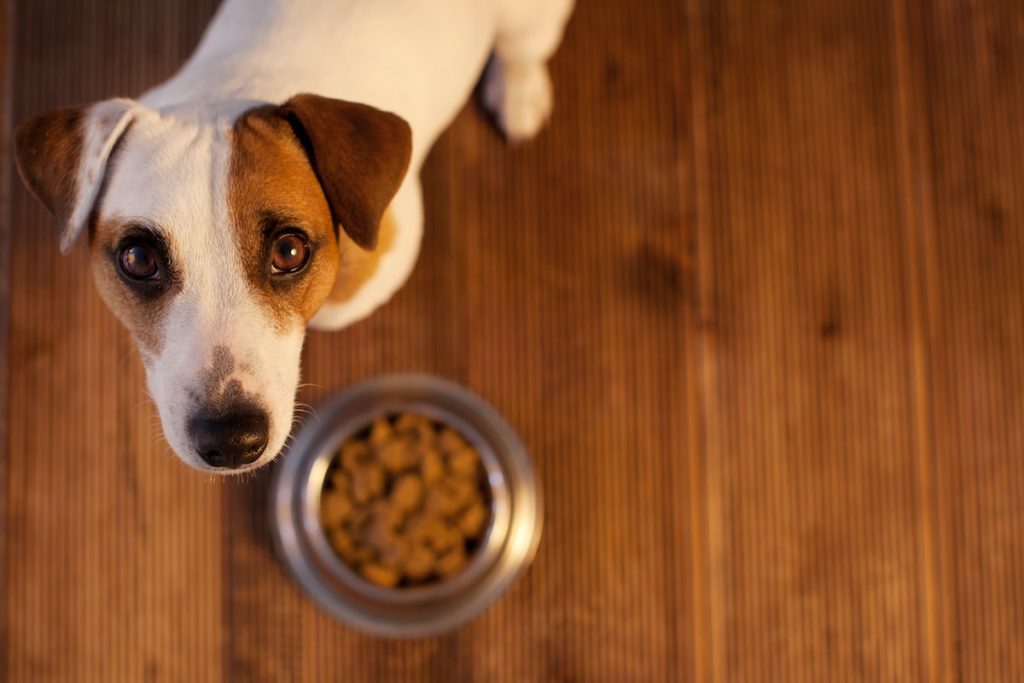
Conclusion
While most dogs eagerly devour meals, a missed feeding or two occasionally happens. Healthy adult dogs can go 1-2 days without eating if necessary before significant risks arise. However, quick veterinary assessment is crucial whenever inappetence persists more than 48 hours to identify any medical conditions requiring treatment. Prompt intervention helps prevent the rapid deterioration that can occur when dogs go too long without proper nutrition.
Frequently Asked Questions About Dogs Not Eating
How long can puppies safely go without eating?
Puppies can become dangerously hypoglycemic after only one missed meal. Seek veterinary advice quickly if a puppy goes more than 12-24 hours refusing food.
What are signs my senior dog needs immediate veterinary help for not eating?
Rapid weight loss, vomiting, diarrhea, lethargy, weakness, pale gums, collapse or seizures all warrant emergency vet care to stabilize aged dogs not eating.
Are some reasons for inappetence more concerning than others?
Yes, sudden food refusal due to things like dental pain, obstruction, toxicity or infection should be evaluated urgently compared to stress-related appetite loss.
Are home remedies like honey or peanut butter safe to stimulate appetite?
Yes, as long as the dog doesn’t have allergies. Avoid xylitol-containing peanut butter. Seek vet advice if homemade remedies don’t quickly work.
How can I tell if my dog is dehydrated from not eating?
Signs include lethargy, dry or sticky gums, sunken eyes, weakness, rapid heart rate and poor skin elasticity. Hydration is critical, so contact your vet at the earliest signs.
